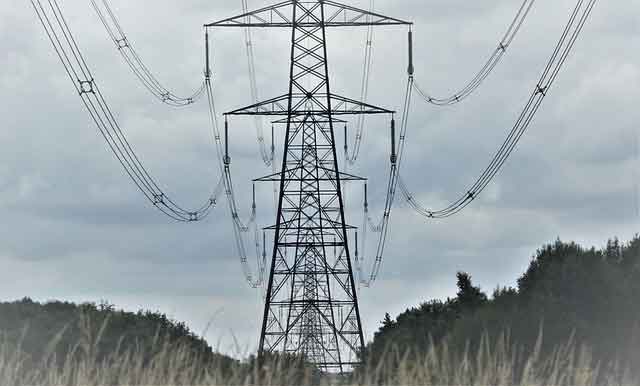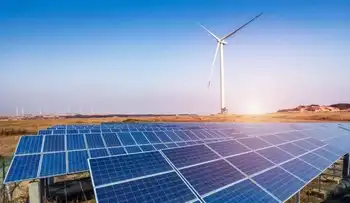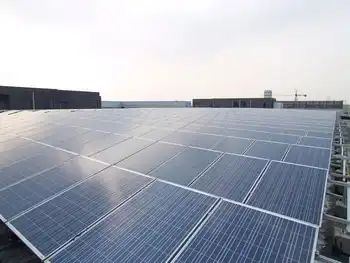High Rates Inflate OPG Profits
TORONTO -- - Hot weather and high prices for electricity this summer, and a special gain, helped more than double net profits despite slightly lower revenues at Ontario Power Generation Inc. (OPG), the dominant power generator of the province.
OPG, the giant publicly owned utility and spinoff of the former Ontario Hydro, said it earned $215 million, or 84 cents per share, in the three months ended Sept. 30, at a time of unseasonably high weather than boosted power demand for air conditioners and sent consumer electricity bills soaring. Revenue fell slightly to $1.5 billion from $1.55 billion last year.
"OPG's third quarter earnings reflect open market prices for the summer period and the impact of warmer than normal weather," the power producer said in a statement.
Peak demand in Ontario reached record levels during the third quarter, with a new peak of 25,414 megawatts set Aug. 13.
The government owned utility also cited a "favourable generation mix" of higher nuclear and hydroelectric generation for its strong earnings.
OPG stressed in a statement that under its government-driven mandate, it is ordered to provide consumers with rebates if the average price of power tops 3.8 cents a kilowatt hour over a year. OPG is also mandated to reduce its share of generating capacity to 35 per cent from almost 70 per cent within 10 years. Critics have said the utility should make such divestitures within a quicker timeframe.
The utility did have a gain in the third quarter from the sale of four hydroelectric stations on the Mississagi River, east of Sault Ste. Marie. The buyer was an income fund 50 per cent owned by Brascan Power Corp., one of Canada's biggest private power producers.
Four provincial properties on the block are the coal-fired Lakeview station in Mississauga; the Lennox station near Kingston; the Atikokan generating plant in northwestern Ontario; and a Thunder Bay operation.
OPG said it also had increased expenditures related to Pickering A, its nuclear power plant east of Toronto that was taken out of service in 1997 because of serious reliability problems and safety concerns. It was due back online this year at a cost of about $800 million but reports suggest it may not reopen before 2006 at a total cost of more than $3 billion.
Related News

Some in Tennessee could be without power for weeks after strong storms hit
NASHVILLE - Middle Tennessee Power Outages disrupt 100,000+ customers as severe thunderstorms, straight-line winds, downed trees, and debris challenge Nashville crews, slow restoration amid COVID-19, and threaten more hail, flash flooding, and damaging gusts.
Key Points
Blackouts across Nashville after severe storms and winds, leaving customers without power and facing restoration delays.
✅ Straight-line winds 60-80 mph toppled trees and power lines
✅ 130,000+ customers impacted; some outages may last 1-2 weeks
✅ Restoration slowed by debris, COVID-19 protocols, and new storms
Some middle Tennessee residents could be without electricity for up to two weeks after strong thunderstorms…




